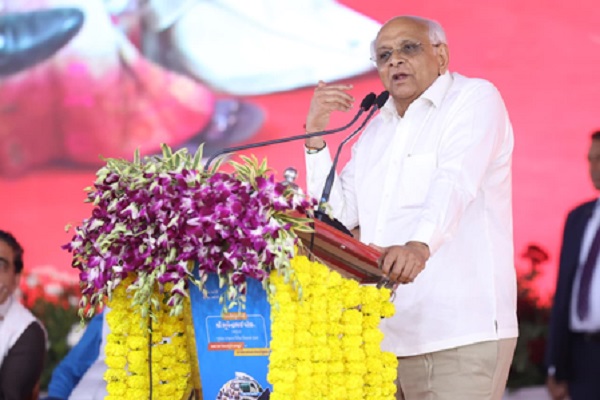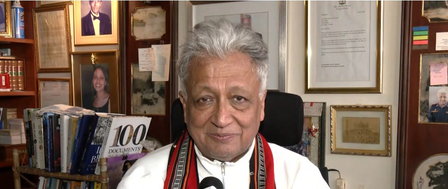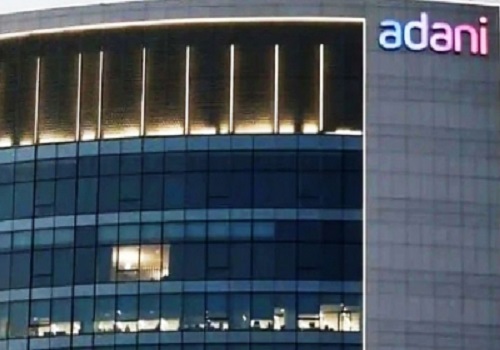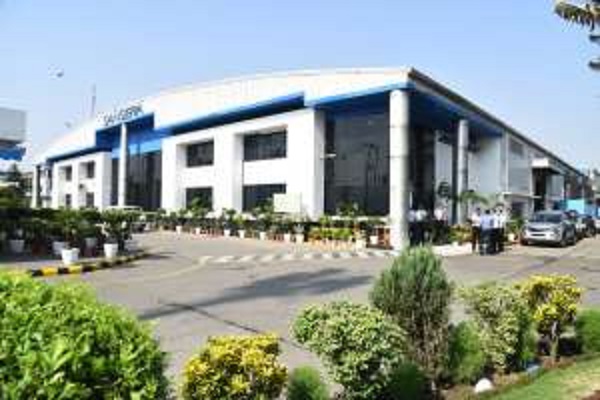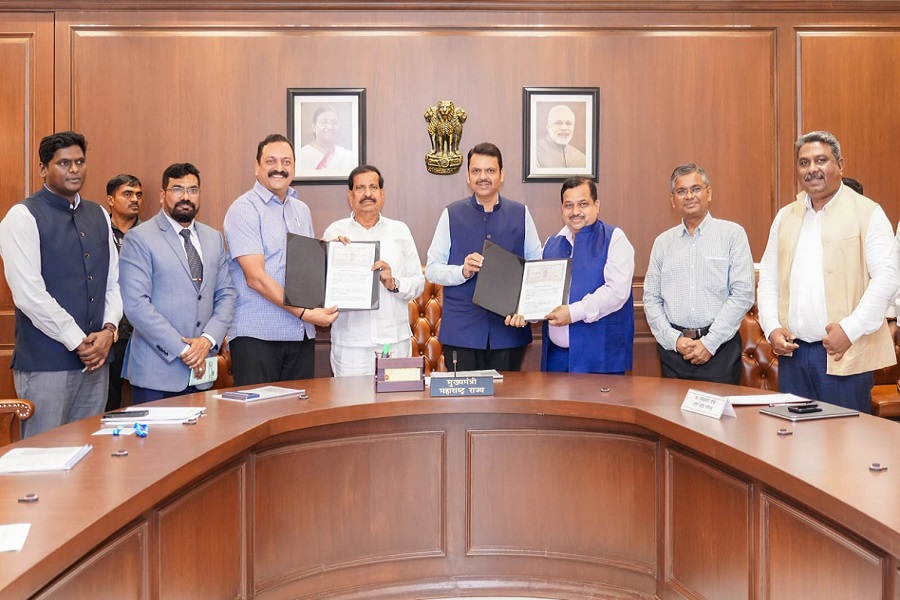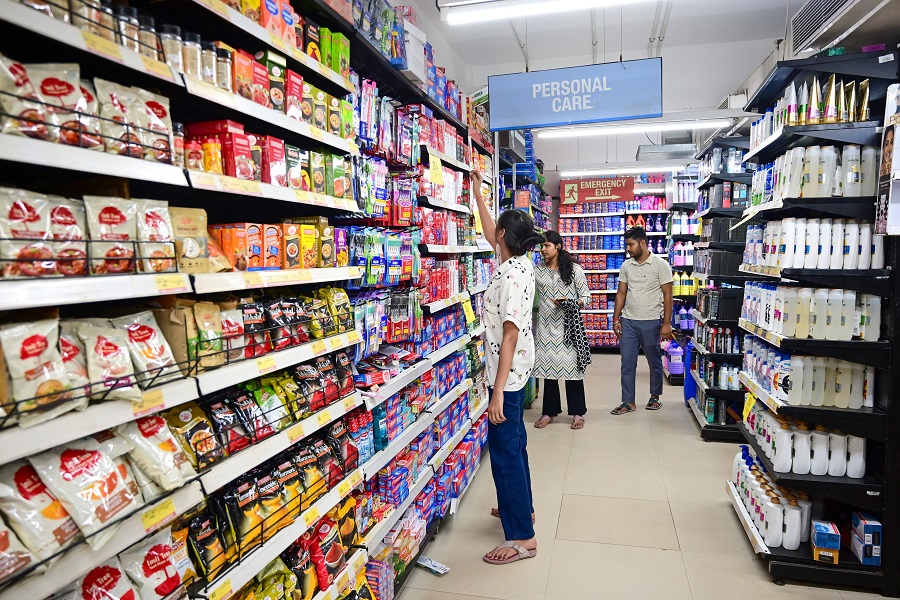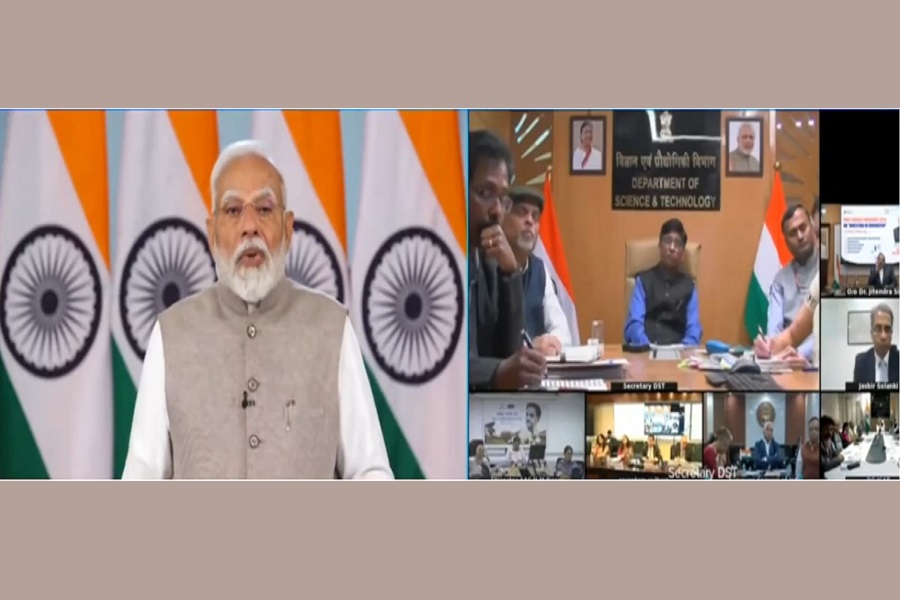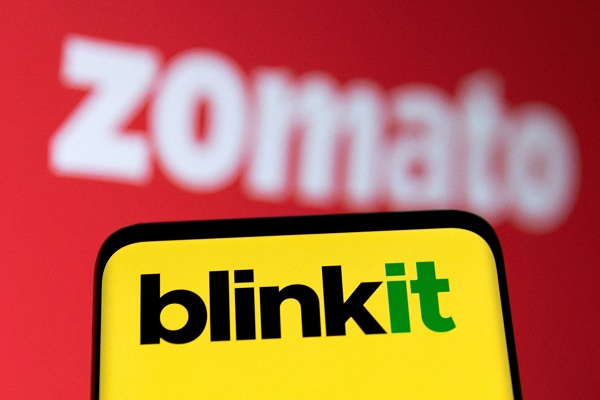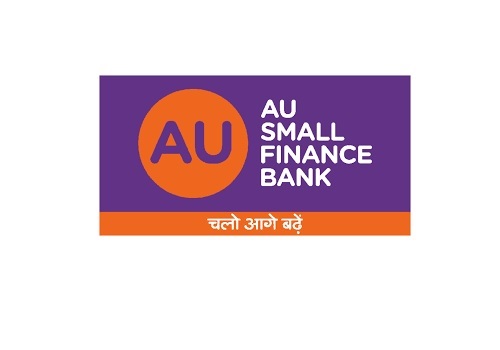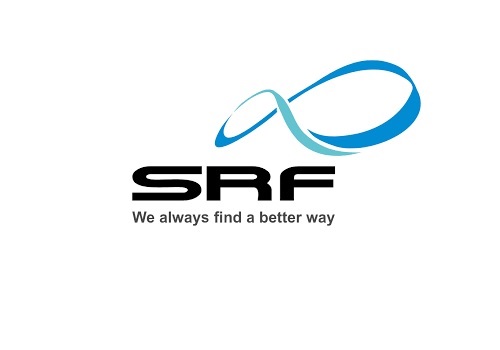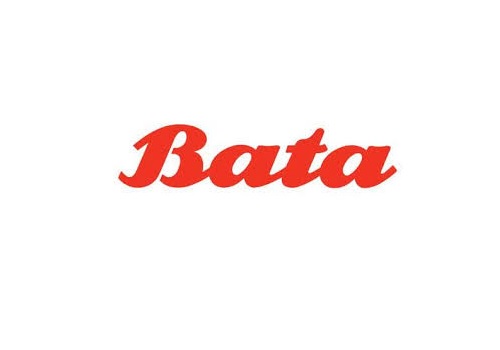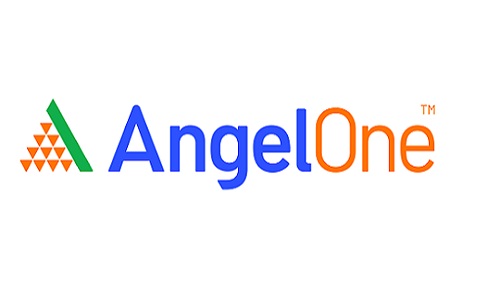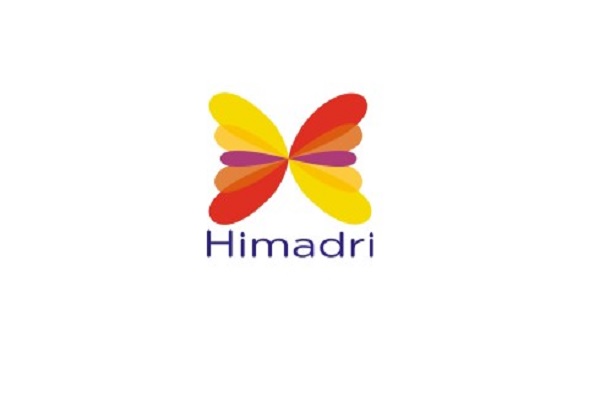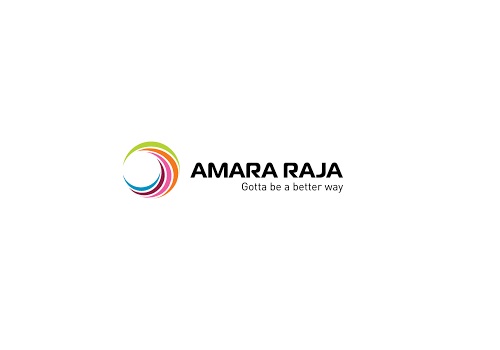Company Update : Pearl Global Industries By Emkay Global Financial Services Ltd
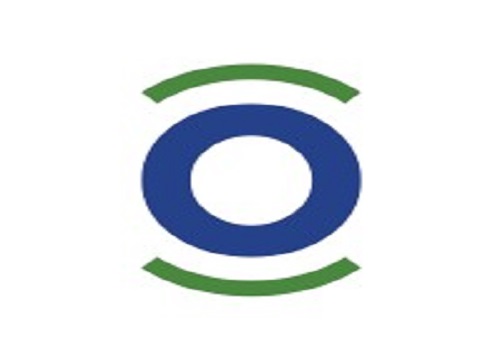
We recently hosted the senior management of Pearl Global Industries (PGIL) for a roadshow in Mumbai. The key takeaways are: 1) Owing to burden-sharing of the additional 10% US tariffs, PGIL may see 50-60bps margin dilution QoQ in Q1FY26; the management is confident of mitigating tariff uncertainties by optimizing costs and improving utilizations across plants. 2) The company’s faith in Bangladesh operations continues despite the recent political turmoil and relatively higher tariff structure. Further, for PGIL, ~85% of its planned capex is directed toward Bangladesh, owing to a natural cost-advantage (inexpensive labor). 3) It maintains its target of Rs60bn revenue and volumes of 100mn pieces by FY28, coupled with early double-digit margins. 4) PGIL expects plants in new regions (Bihar) to be return/margin accretive on the back of availability of skilled labor and higher productivity vs traditional textile clusters in India. At CMP, PGIL trades at ~19x FY27 P/E multiple (Bloomberg estimates). PGIL is ‘Not Rated’. Key risks: Demand slowdown in key markets like the US, geopolitical tensions impacting trade or business operations.
Well-placed to minimize the tariff impact
To minimize the tariff impact (levied on 2-Apr-25), a few US retailers requested their vendors to share the 10% baseline tariff during the 90-day window. Per PGIL, the level of tariff burden absorbed by a vendor is dependent on the proportion of revenue generated from US markets. PGIL’s revenue contribution from the US has reduced sharply to ~48% currently, from ~85% in FY21. As a result, the company absorbed ~2% of tariff costs (pertaining to US clients) and passed on the rest to other stakeholders in the chain. The management believes that PGIL’s multi-country (India, Bangladesh, Vietnam, etc.) manufacturing shall help mitigate US tariff uncertainties. On the back of recent trade deals, we believe US retailers shall face the least inflation in textile products imported from Vietnam and Indonesia (among the top-5 countries exporting to the US).
Continued faith in Bangladesh
PGIL continues to bet on Bangladesh despite the recent political turmoil in the country and the relatively higher tariff structure (vs India, Vietnam); ~85% of the company’s FY26 capex budget is directed toward Bangladesh. PGIL’s facilities in Bangladesh are operating at optimal utilization, with robust orderbooks. The management believes that Bangladesh offers a natural cost advantage owing to inexpensive labor, which is ~USD120 compared to ~USD170 and ~USD300 in countries like India and Vietnam, respectively. Per PGIL, Bangladesh reported the highest volume growth among its manufacturing bases (India, Vietnam, Guatemala, and Indonesia) in FY25.

Utilization to remain rangebound despite capacity added (led by FTAs)
PGIL achieved ~80% capacity utilization in FY25 and aims to reach production capacity of 135mn pieces by FY28, from 93.2mn as of end-FY25. Further, the management intends to report utilization akin to FY25, on the back of 1) quick ramp-up of the recently commissioned unit in Bihar, 2) higher demand emanating from executed/ongoing Free Trade Agreements (FTAs) with various countries, and 3) higher utilization in Indonesia and Guatemala units, etc. The management guided for revenue CAGR at 12-14% over the next 2-3Y which shall be primarily driven by volume growth.
Foray into Bihar
The company has recently commissioned its wholly owned manufacturing unit in Muzaffarpur, Bihar. The management believes the Bihar unit to be return/margin accretive on the back of 1) availability of skilled employees and higher productivity vs traditional textile clusters in India, and 2) state incentive polices provided by the Bihar government. PGIL expects the Bihar unit to achieve similar unit economics as Bangladesh operations in the next 5-10 years
Focus on margin improvement
PGIL reported EBITDA (consolidated) margin of ~9% in FY25. The management targets 11- 12% margins over the next 2-3Y. The improvement shall be achieved by ramping-up 1) Guatemala operations, which reported ~USD2mn loss in FY25, and 2) Indonesian and Indian operations - led by higher demand from the UK FTA. Additionally, PGIL plans to diversify its products toward denims, bottoms, shirts, and knit products. The diversification will not only premiumize the product mix but also reduce the seasonality factor in PGIL’s earnings and improve capacity utilization. Per PGIL, the burden-sharing of tariffs could result in margin dilution to the tune of 50-60bps in Q1FY26, on a QoQ basis. However, the company aspires to recover the loss through improvements in efficiency and cost-optimization across operations in ensuing quarters.
For More Emkay Global Financial Services Ltd Disclaimer http://www.emkayglobal.com/Uploads/disclaimer.pdf & SEBI Registration number is INH000000354

